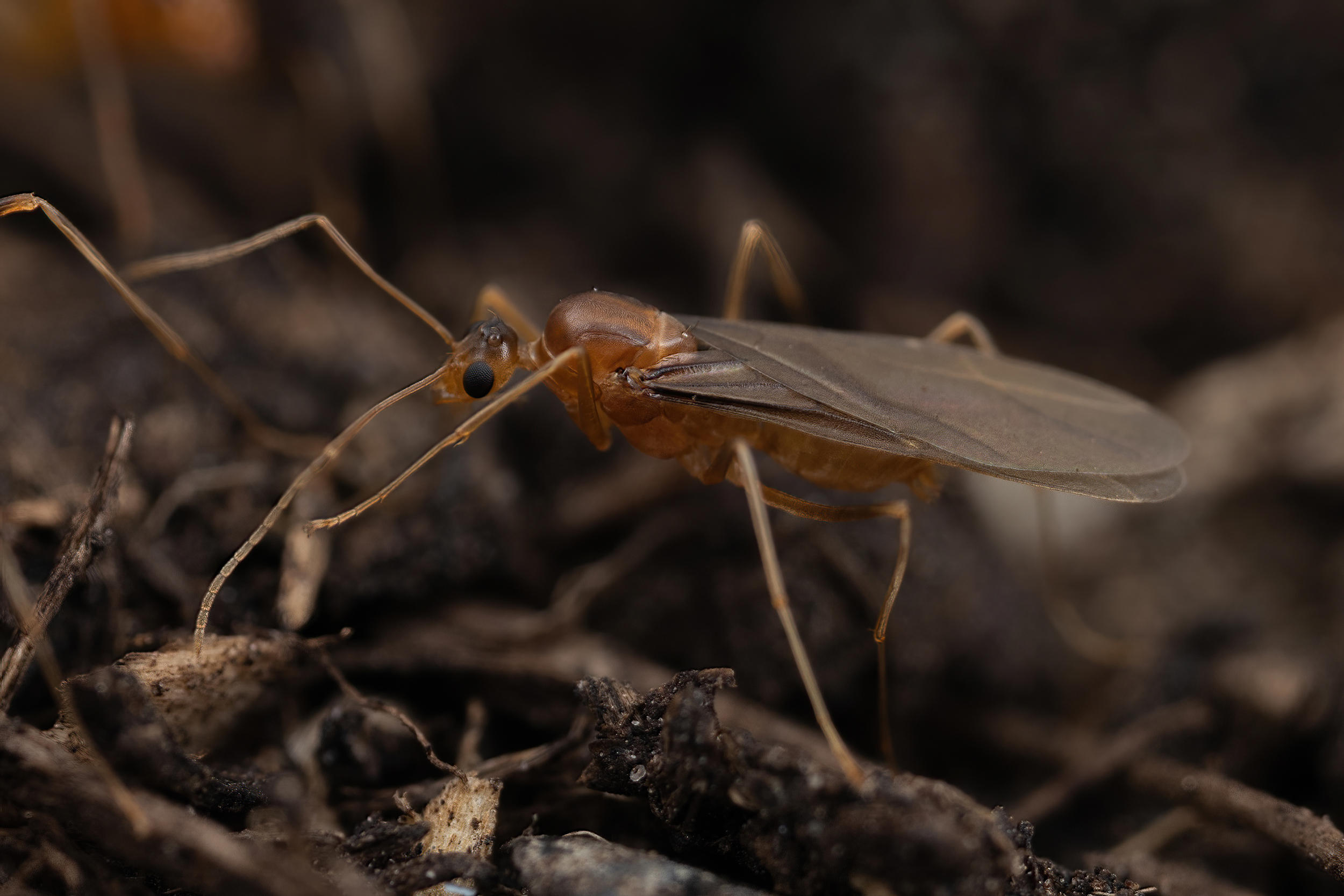Connect with us
Published
2 weeks agoon
By
admin
International researchers have discovered that male yellow crazy ants (Anoplolepis gracilipes) exhibit a unique form of chimerism, possessing two distinct genomes derived from separate parental cells. This striking reproductive mechanism deviates from traditional biological inheritance, where all cells in an individual share the same genetic material. Typically, male ants develop from unfertilized eggs with only one maternal chromosome copy. However, this study reveals that the maternal and paternal nuclei do not fuse within a single fertilized egg, resulting in male ants having separate genomic identities within different cell clusters. Each male ant carries both parental DNA, but individual cells contain either the maternal or paternal genome, rather than a uniform genome across all cells. This finding challenges established genetic principles and indicates a previously unknown mode of reproduction, wherein chimerism occurs within one fertilized egg rather than through the merging of two distinct organisms. The implications of these findings could reshape our understanding of inheritance and genetic diversity in ants and potentially other species. This research contributes to a broader comprehension of chimerism, which is recognized in various organisms but was thought to arise differently until now. The study is documented in the journal Science.


















